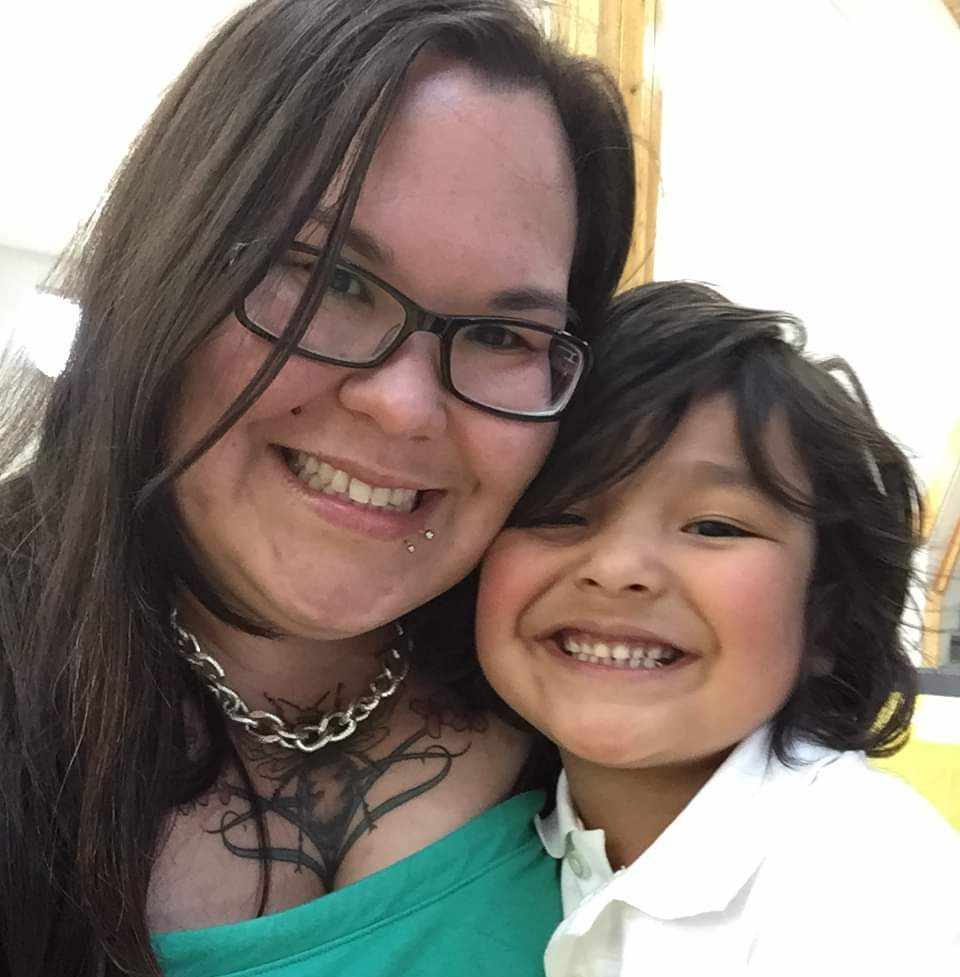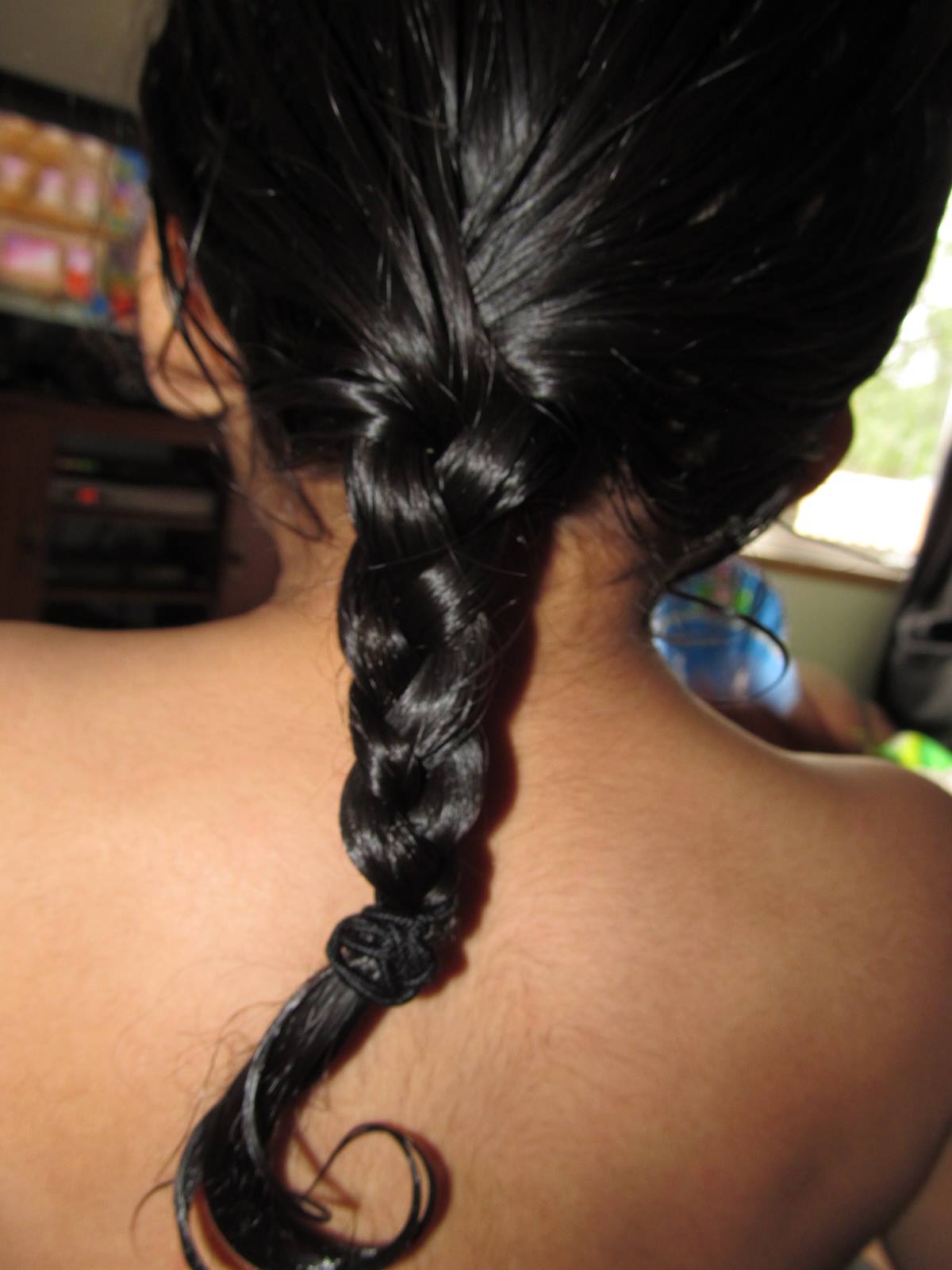A mother in Regina proudly wears her braids in solidarity with the international #BraidsforCole movement, as well as her son.

Lyndsay Amato is originally from the Carcross/Tagish First Nation, located in the Yukon territory, but currently resides in Regina. She is a single mother to her 13-year-old son, who she requests not be named, who took pride in his wearing his hair in braids up until an incident occurred at a young age.
“When he was three years old, (he was) in a day home that was run by a non-Indigenous person (where) another non-Indigenous child cut his hair,” Amato said. “He had really long hair and he loved it. We all did. It was a part of who he was. It was a part of his personality. And it was a connection.”
Amato remembers the hurt and pain in her son’s eyes after she learned that his hair had been cut.
“He just wanted to have his hair,” she said. “Our hair is such an integral important part of who we are, as Indigenous people, no matter where we are in this world.”

Get daily National news
When Amato heard of the incident that happened with Cole Brings Plenty, she said it hit close to home.
“It affected me so much,” she said.
The story behind the #BraidsforCole movement started Brings Plenty, an actor from the Yellowstone spinoff 1923, was found dead, with his braids cut off, in a wooded area in Johnson County in Kansas on April 5.
“Deputies were dispatched to the area of 200th and Homestead Lane in reference to an unoccupied vehicle,” the Kansas Sheriff’s Office said in a release. “Deputies checked the area and discovered a deceased male in a wooded area away from the vehicle.”
An outpouring of social media posts began, with the idea to create the #BraidsforCole movement to encourage people to wear their braids in solidarity.
“It’s a statement of grief for the loss of Cole Brings Plenty,” Amato said. “We need people to know that this is a statement of cultural reclamation for us.”
On Monday, Saskatchewan First Nations and Métis relations critic Betty Nippi-Albright talked about the importance of hair in Indigenous culture in the Saskatchewan legislative assembly.
“Hair is sacred. Braids are sacred. They tie us to the Creator, to our ancestors and to our culture,” said Nippi-Albright. “Today, Indigenous and non-Indigenous people are braiding their hair. They are doing it in memory of Cole Brings Plenty but also in memory of the countless Indigenous men in our history who had their braids taken from them.”
Amato encourages people to continue to wear their hair in braids in honour of Brings Plenty and her son.












Comments
Want to discuss? Please read our Commenting Policy first.